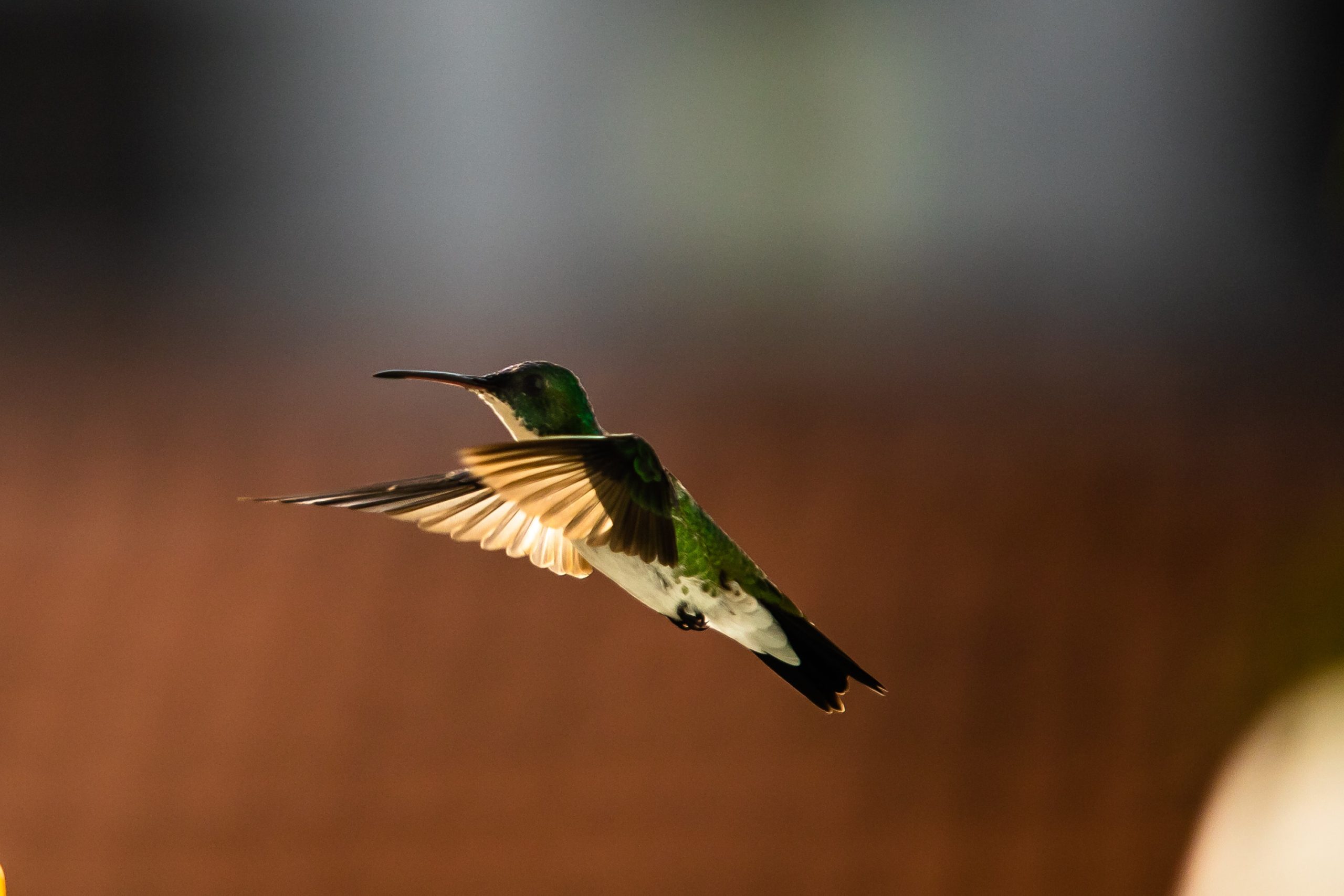So, what are you going to be when you grow up?
Ever since I was expected to have a serious answer to that dreadful question—which only gets more dreadful the more “grown up” you get—I’ve felt like I’ve been in an existential crisis of sorts.
Which is to say, I think I’ve been having an existential crisis since college.
My sister had majored in literature and written a senior thesis about Anaïs Nin. This was okay with my parents because she was also pre-med. When it was my turn, I had no idea how or what to choose. I had no desire whatsoever to go to medical school or law school, the only two paths that were implicitly deemed acceptable in my family. Eventually, I chose “East Asian Studies,” a field so interdisciplinary and broad that it hardly felt like a choice (hence, the appeal). My mother exhorted me to at least take an introductory economics class. I did, and while I could squint my brain to see the theoretical appeal of neat, criss-crossing lines of supply and demand, I mostly hated it.
I put off the answer to the what-are-you-going-to-be-when-you-grow-up question for a year by arranging to study abroad in Kyoto in between my junior and senior years. When I came back, nothing was clearer, although I did discover a lovely topic to write a senior thesis about. Being in a tumultuous romantic relationship only muddied everything further. In the wake of 9/11, I entered the “recruiting” frenzy, whereby ambitious, sharply dressed juniors and seniors vied with each other to land prized internships and jobs with various investment banking and consulting firms. But the person whose accomplishments I extolled in my cover letters sounded like a stranger to me, and I despised the idea of “case study” interviews and resented preparing for smug questions like, “Tell me how you would calculate the weight of an airplane in flight [so I can see how your mind works and judge whether it’s brilliant enough for us].” I vividly remember a study guide giving the magic hint: Remember to account for the weight of the air inside the cabin! (Have I mentioned that my brain finds it torture to “estimate” any kind of length, width, depth, volume, population, size—anything numerical whatsoever?)
I went to graduate school (the impractical kind, not the lucrative kind), effectively putting off any answers still further. My distraught parents coped by explaining my occupational choice to their Chinese friends with a joke: “She’s a professional student! Ha, ha.” Eventually, I left my doctoral program on a “leave of absence” to become a “Senior Writer” at a consulting firm—a decidedly creative career path by immigrant Chinese standards—launching a nearly two-decades-long professional services career during the entirety of which I could never bring myself to self-identify as a “consultant,” except on immigration and tax documents. And in truth, I was generally seen as (and felt like) an altogether different kind of animal, with unusual, albeit valued, talents: a non-consultant, at a consulting company, who now always dreaded the question, So, what do you do?
It occurred to me that So, what do you do? is the question people ask other people who are too old to be asked So, what are you going to be when you grow up? As before, I had no good answer. And I was working too hard to figure it out.
I think I had the courage to leave corporate life to pursue, well, life, when I realized as a coach that it’s not the answer that matters, but the question—and that we are desperately in need of better questions to ask ourselves and each other. A handful to consider:
Who are you?
Who are you becoming?
What do you love?
What do you fear?
When are you brave?
Where do you find beauty?
What difference do you make?
The pursuit of these questions no longer feels like an existential crisis. It feels like living at last.

Be the first to comment